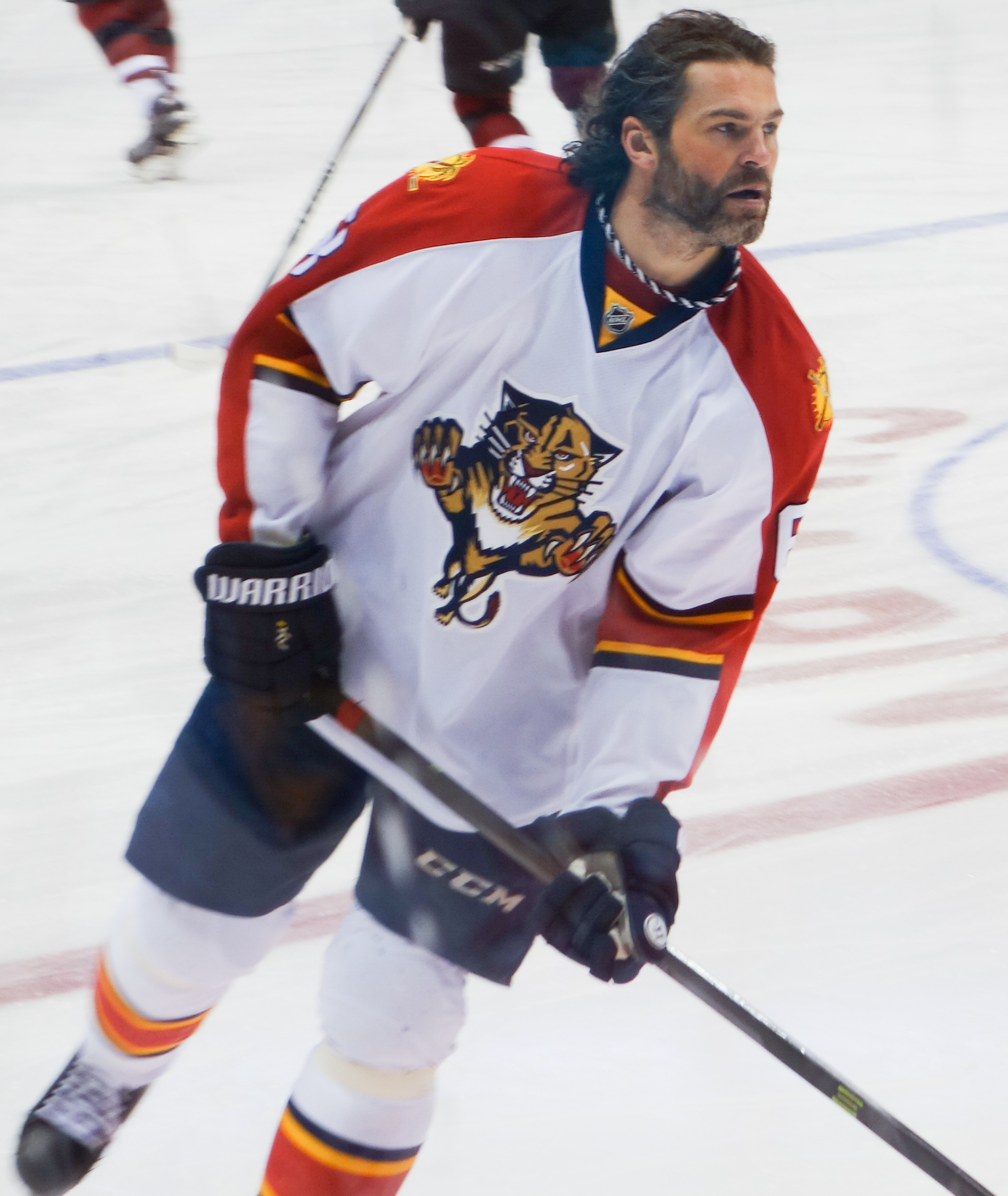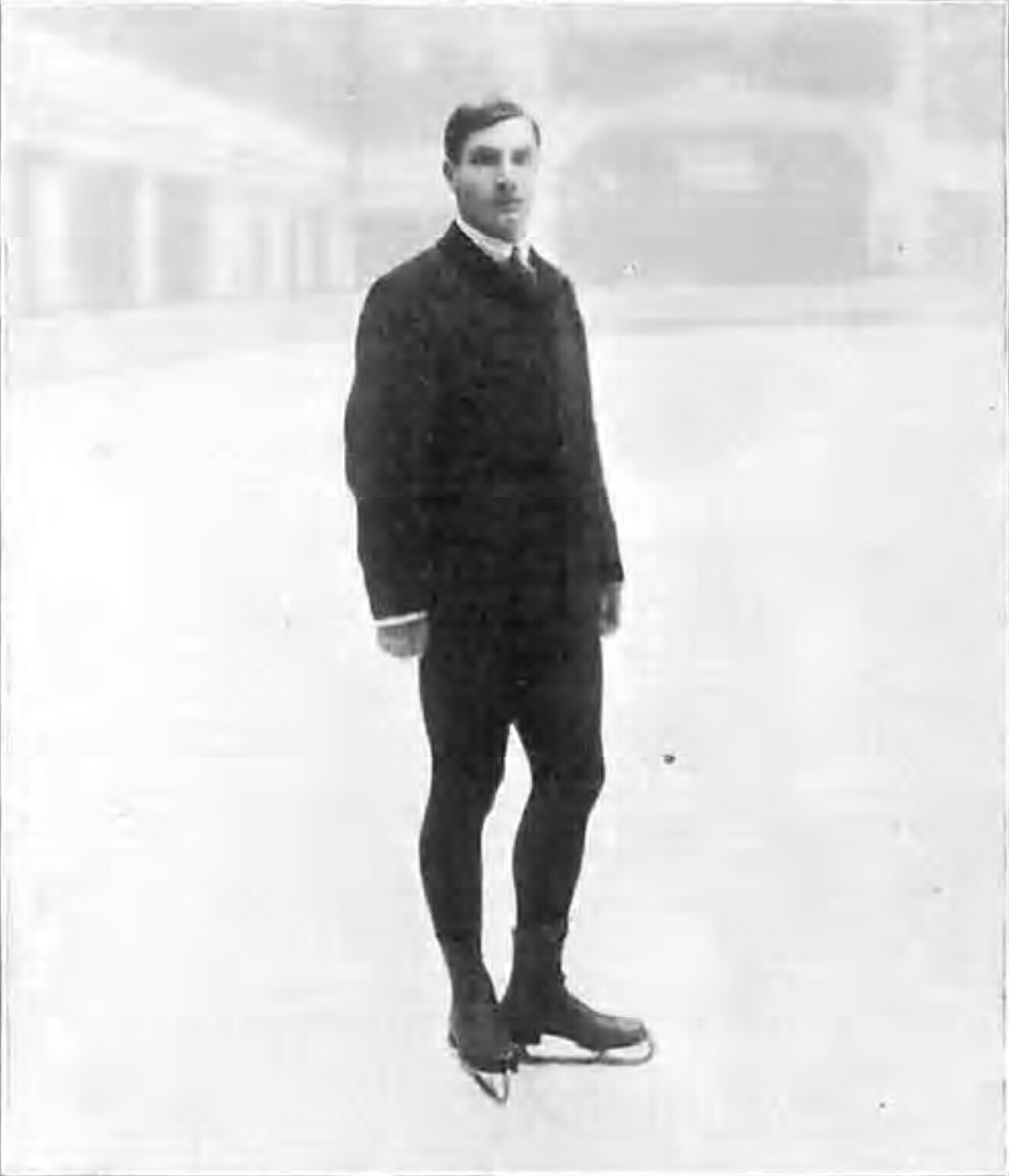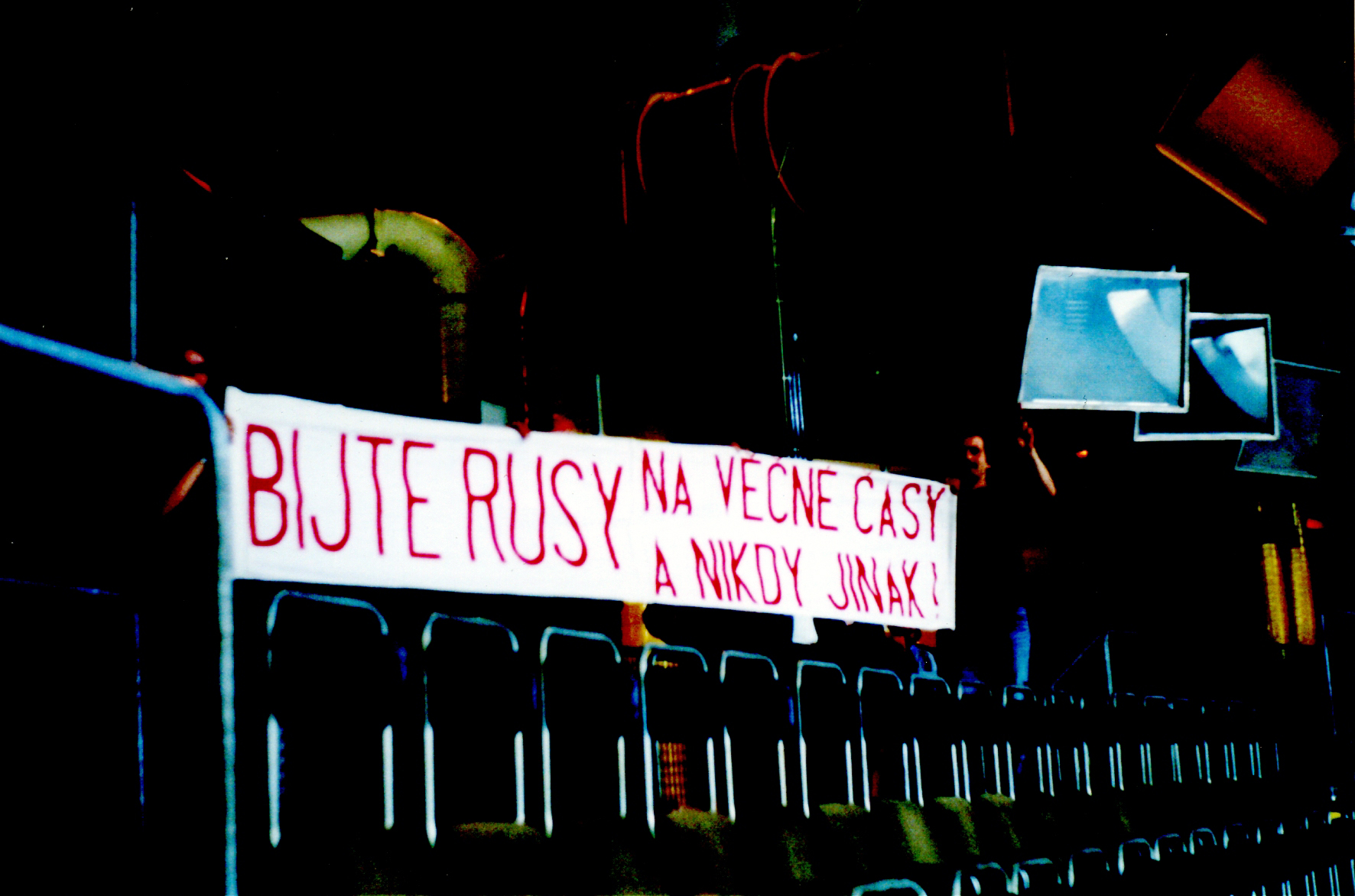|
Helmuts Balderis
Helmuts Balderis-Sildedzis (born 31 July 1952) is a Soviet former ice hockey player. He played right wing, participated in the Soviet team's losing effort in the Miracle on Ice, and played part of a single season in the NHL after being drafted in 1989 by the Minnesota North Stars, becoming the oldest player to be drafted by an NHL team at the age of 36. Playing career Balderis played in the Soviet Hockey League for Dinamo Riga (1969–1977, 1980–1985) and CSKA Moscow (1977–80). He was the leading scorer in the 1977 and 1984 seasons, winning the Player of the Year award in 1977. He was the best Latvian S.S.R. player of the 1970s and 1980s and the most prolific scorer from that nation, tallying 333 goals in Soviet league play. Balderis played for the Soviet national team, on the losing side of the Miracle on Ice game in 1980 but winning the World Championships in 1978, 1979 and 1983. Balderis represented the Soviet Union in five IIHF World Championships (1976–1979, 1983), ... [...More Info...] [...Related Items...] OR: [Wikipedia] [Google] [Baidu] |
Winger (ice Hockey)
Winger, in the game of ice hockey, is a forward position of a player whose primary zone of play is along the outer playing areas. They typically flank the centre forward. Originally the name was given to forward players who went up and down the sides of the rink. Wingers generally have the least defensive responsibilities out of any position on the ice, however they are still tasked with defensive duties such as forechecking duties or covering the point in the defensive zone. Nowadays, there are different types of wingers in the game — out-and-out goal scorers, checkers who disrupt the opponents, and forwards who work along the boards and in the corners. Often a winger's precise role on a line depends upon what type of role the other winger plays; usually lines will have one more goal-scoring oriented winger and one winger more focused on playing the boards, checking and passing the puck to others to take shots (if a larger player, he will sometimes be called a "power forward ... [...More Info...] [...Related Items...] OR: [Wikipedia] [Google] [Baidu] |
Soviet
The Soviet Union,. officially the Union of Soviet Socialist Republics. (USSR),. was a List of former transcontinental countries#Since 1700, transcontinental country that spanned much of Eurasia from 1922 to 1991. A flagship communist state, it was nominally a Federation, federal union of Republics of the Soviet Union, fifteen national republics; in practice, both Government of the Soviet Union, its government and Economy of the Soviet Union, its economy were highly Soviet-type economic planning, centralized until its final years. It was a one-party state governed by the Communist Party of the Soviet Union, with the city of Moscow serving as its capital as well as that of its largest and most populous republic: the Russian Soviet Federative Socialist Republic, Russian SFSR. Other major cities included Saint Petersburg, Leningrad (Russian SFSR), Kyiv, Kiev (Ukrainian Soviet Socialist Republic, Ukrainian SSR), Minsk (Byelorussian Soviet Socialist Republic, Byelorussian SSR), Tas ... [...More Info...] [...Related Items...] OR: [Wikipedia] [Google] [Baidu] |
Ice Hockey At The 1984 Winter Olympics – Rosters
The ice hockey team rosters at the 1984 Winter Olympics consisted of the following players: Austria Thomas Cijan, Rick Cunningham, Konrad Dorn, Johann Fritz, Fritz Ganster, Kelly Greenbank, Kurt Harand, Bernard Hutz, Rudolf König, Helmut Koren, Edward Lebler, Giuseppe Mion, Helmut Petrik, Martin Platzer, Herbert Pöck, Peter Raffl, Michael Rudman, Kuno Sekulic, Leopold Sivec Canada Warren Anderson, Robin Bartel, Russ Courtnall, J. J. Daigneault, Kevin Dineen, Dave Donnelly, Bruce Driver, Darren Eliot, Patrick Flatley, Dave Gagner, Mario Gosselin, Vaughn Karpan, Doug Lidster, Darren Lowe, Kirk Muller, James Patrick, Craig Redmond, Dave Tippett, Carey Wilson, Dan Wood Czechoslovakia Jaroslav Benák, Vladimír Caldr, František Černík, Milan Chalupa, Miloslav Hořava, Jiří Hrdina, Arnold Kadlec, Jaroslav Korbela, Jiří Králík, Vladimír Kýhos, Jiří Lála, Igor Liba, Vincent Lukáč, Dušan Pašek, Pavel Richter, Vladimír Růžička, Dári ... [...More Info...] [...Related Items...] OR: [Wikipedia] [Google] [Baidu] |
1977 World Ice Hockey Championships
The 1977 Ice Hockey World Championships took place in Vienna, Austria from 21 April to 8 May. Eight teams took part, first playing each other once, then the four best teams advancing to a new round. The tournament was also the 55th ice hockey European Championship. Czechoslovakia won for the fifth time, and second in a row, claiming their 14th and final European title as well. Canada returned after an eight-year absence with a team comprised completely of NHL players from teams that had missed the Stanley Cup playoffs. While being competitive in most games, many people were reportedly upset by the Canadians' conduct on the ice and after the games. The team refused to listen to the opposing teams' national anthems when they lost, and the coach, Johnny Wilson, explained their multiple misconduct penalties by saying, "We just couldn't compete with the Soviets, and ... it is natural to try to get revenge.". The tournament itself was very close for the medals, with a spectacular ... [...More Info...] [...Related Items...] OR: [Wikipedia] [Google] [Baidu] |
Winter Olympics
The Winter Olympic Games (french: link=no, Jeux olympiques d'hiver) is a major international multi-sport event held once every four years for sports practiced on snow and ice. The first Winter Olympic Games, the 1924 Winter Olympics, were held in Chamonix, France. The modern Olympic Games were inspired by the ancient Olympic Games, which were held in Olympia, Greece, from the 8th century BC to the 4th century AD. Baron Pierre de Coubertin founded the International Olympic Committee (IOC) in 1894, leading to the first modern Summer Olympic Games in Athens, Greece in 1896. The IOC is the governing body of the Olympic Movement, with the Olympic Charter defining its structure and authority. The original five Winter Olympic Sports (consisting of nine disciplines) were bobsleigh, curling, ice hockey, Nordic skiing (consisting of the disciplines military patrol, cross-country skiing, Nordic combined, and ski jumping), and skating (consisting of the disciplines figure skating ... [...More Info...] [...Related Items...] OR: [Wikipedia] [Google] [Baidu] |
Canada Cup (ice Hockey)
The Canada Cup (french: Coupe Canada) was an invitational international ice hockey tournament held on five occasions between 1976 and 1991. The brainchild of Toronto lawyer Alan Eagleson, the tournament was created to meet demand for a true world championship that allowed the best players from participating nations to compete regardless of their status as professional or amateur. It was sanctioned by the International Ice Hockey Federation, Hockey Canada and the National Hockey League. Canada won the tournament four times, while the Soviet Union captured the championship once. It was succeeded by the World Cup of Hockey in 1996. History Due to National Hockey League (NHL) players' ineligibility in the Winter Olympics and the annual World Championships, both amateur competitions, Canada was not able to send its best players to top international tournaments. While the top players in Europe qualified as amateurs, all the best Canadian players competed in the professional NHL or World ... [...More Info...] [...Related Items...] OR: [Wikipedia] [Google] [Baidu] |
Ice Hockey World Championship
The Ice Hockey World Championships are an annual international men's ice hockey tournament organized by the International Ice Hockey Federation (IIHF). First officially held at the 1920 Summer Olympics, it is the sport's highest profile annual international tournament. The IIHF was created in 1908 while the European Championships, the precursor to the World Championships, were first held in 1910. The tournament held at the 1920 Summer Olympics is recognized as the first Ice Hockey World Championship. From 1920 to 1968, the Olympic hockey tournament was also considered the World Championship for that year. The first World Championship that was held as an individual event was in 1930 in which twelve nations participated. In 1931, ten teams played a series of round-robin format qualifying rounds to determine which nations participated in the medal round. Medals were awarded based on the final standings of the teams in the medal round. In 1951, thirteen nations took part and we ... [...More Info...] [...Related Items...] OR: [Wikipedia] [Google] [Baidu] |
1983 World Ice Hockey Championships
The 1983 Ice Hockey World Championships took place in West Germany from 16 April to 2 May. The games were played in Munich, Dortmund and Düsseldorf. Eight teams took part, with each playing each other once. The four best teams then play each other once more with no results carrying over this time, and the other four teams played each other again to determine ranking and relegation. This was the 49th World Championships, and also the 60th European Championships. The Soviet Union became world champions for the 19th time, tying Canada, and won their 22nd European title. Promotion and relegation was effective for 1985 as the IIHF did not run a championship in Olympic years at this time. Nations that did not participate in the Sarajevo Olympics were invited to compete in the Thayer Tutt Trophy. World Championship Group A (West Germany) First round Final Round Consolation Round ''Italy was relegated to Group B.'' World Championsh ... [...More Info...] [...Related Items...] OR: [Wikipedia] [Google] [Baidu] |
1979 World Ice Hockey Championships
The 1979 Ice Hockey World Championships took place at the Palace of Sports of the Central Lenin Stadium in Moscow, Soviet Union from 14 to 27 April. Eight teams took part, with the first round split into two groups of four, and the best two from each group advancing to the final group. The four best teams then played each other twice in the final round. This was the 46th World Championship and at the same time, the 57th European Championship. In the May 1978 congress many rules were aligned with NHL practices and archaic rules (like changing ends half way the third period) were finally officially abandoned. The games were very well attended, setting a record by averaging over eleven thousand spectators per game. The Soviets wished the tournament to be finished before the May Day celebrations began, so the schedule was moved up one week allowing for less NHL players being eligible. The hosts won all seven games they played capturing their 16th title, the only game that was even ... [...More Info...] [...Related Items...] OR: [Wikipedia] [Google] [Baidu] |
1978 World Ice Hockey Championships
The 1978 Ice Hockey World Championships took place in Prague, Czechoslovakia from 26 April to 14 May. Eight teams took part, with each team playing each other once in the first round, and then the four best teams meeting in a new round. This was the 45th World Championships, and also the 56th European Championships. The USSR won for the fifteenth time, narrowly defeating the incumbent Czechoslovaks. On the final day, there was essentially a gold medal game, and a bronze medal game. The Soviets played the Czechoslovaks and needed to win by at least two to win the Championship. They took a three nothing lead, and hung to win by two, capturing gold by being even head-to-head with the Czechoslovaks, but having a cumulative two goal advantage against everyone else. Canada and Sweden came into the final game even, so the winner would claim the bronze. Pat Hickey scored with a minute left in the game to give Canada a three to two victory, and the medal. Because of the allowance of ... [...More Info...] [...Related Items...] OR: [Wikipedia] [Google] [Baidu] |
Soviet Union National Ice Hockey Team
The Soviet national ice hockey team was the national men's ice hockey team of the Soviet Union. From 1954, the team won at least one medal each year at either the Ice Hockey World Championships or the Olympic hockey tournament. After 1991, the Soviet team competed as the CIS team (part of the Unified Team) at the 1992 Winter Olympics. After the Olympics, the CIS team ceased to exist and was replaced by Russia at the 1992 World Championship. Later that year other former Soviet republics (Belarus, Estonia, Kazakhstan, Latvia, Lithuania and Ukraine) established their own national teams. The International Ice Hockey Federation (IIHF) recognized the Ice Hockey Federation of Russia as the successor to the Soviet Union hockey federation and passed its ranking on to Russia. The other national hockey teams were considered new and sent to compete in Pool C. The IIHF Centennial All-Star Team included four Soviet-Russian players ... [...More Info...] [...Related Items...] OR: [Wikipedia] [Google] [Baidu] |
Helmuts Balderis 2000 Stamp Of Latvia
Helmuts Balderis-Sildedzis (born 31 July 1952) is a Soviet former ice hockey player. He played right wing, participated in the Soviet team's losing effort in the Miracle on Ice, and played part of a single season in the NHL after being drafted in 1989 by the Minnesota North Stars, becoming the oldest player to be drafted by an NHL team at the age of 36. Playing career Balderis played in the Soviet Hockey League for Dinamo Riga (1969–1977, 1980–1985) and CSKA Moscow (1977–80). He was the leading scorer in the 1977 and 1984 seasons, winning the Player of the Year award in 1977. He was the best Latvian S.S.R. player of the 1970s and 1980s and the most prolific scorer from that nation, tallying 333 goals in Soviet league play. Balderis played for the Soviet national team, on the losing side of the Miracle on Ice game in 1980 but winning the World Championships in 1978, 1979 and 1983. Balderis represented the Soviet Union in five IIHF World Championships (1976–1979, 1983), ... [...More Info...] [...Related Items...] OR: [Wikipedia] [Google] [Baidu] |





.png)